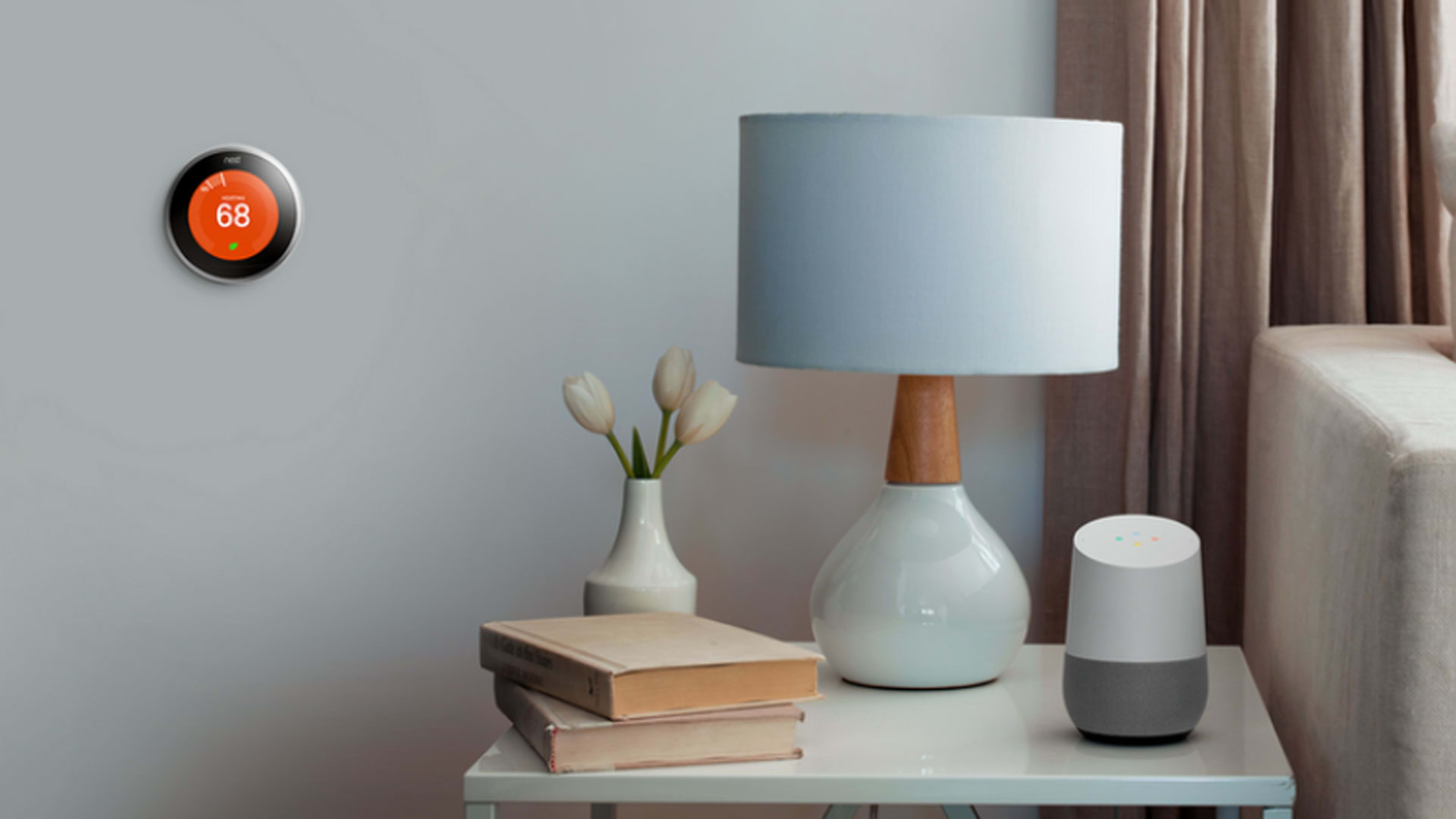In 2014, Google made headlines by buying smart-home startup Nest for $3.2 billion. A year later, it made headlines again by creating a holding company called Alphabet and spinning out many of its non-core operations—including Nest—into their own businesses under the Alphabet umbrella.
And now, Nest is coming home. In a blog post, Google hardware chief Rick Osterloh explained that the Nest team is merging with the Google hardware team responsible for products like the Pixel phone and Google Home speakers. That gives Nest a more direct connection to Google’s strategic imperatives, including supporting Google Assistant in the voice-assistant wars. (Nest’s CEO, Marwan Fawaz, will remain in his position and report to Osterloh.)
As a standalone entity, Nest was always something of an outlier. Nest already had a large consumer business and wasn’t necessarily tackling “moonshot” challenges like building self-driving cars or defeating fake news. With the departure of cofounder Tony Fadell in 2016, it felt like it was only a matter of time until Alphabet started treating Nest less like an island and more like a component of its overall smart-home business.
When Google bought Nest more than four years ago, Nest fans fretted about a future in which information collected by the startup’s thermostats, security cameras, and smoke detectors was intermingled with Google’s vast repository of data on our activities. Nest did its best to placate the worriers. It’ll be interesting to see whether today’s news once again causes Nest customers to worry about Google being more deeply embedded in their homes than they’d prefer.
Recognize your brand’s excellence by applying to this year’s Brands That Matter Awards before the early-rate deadline, May 3.
